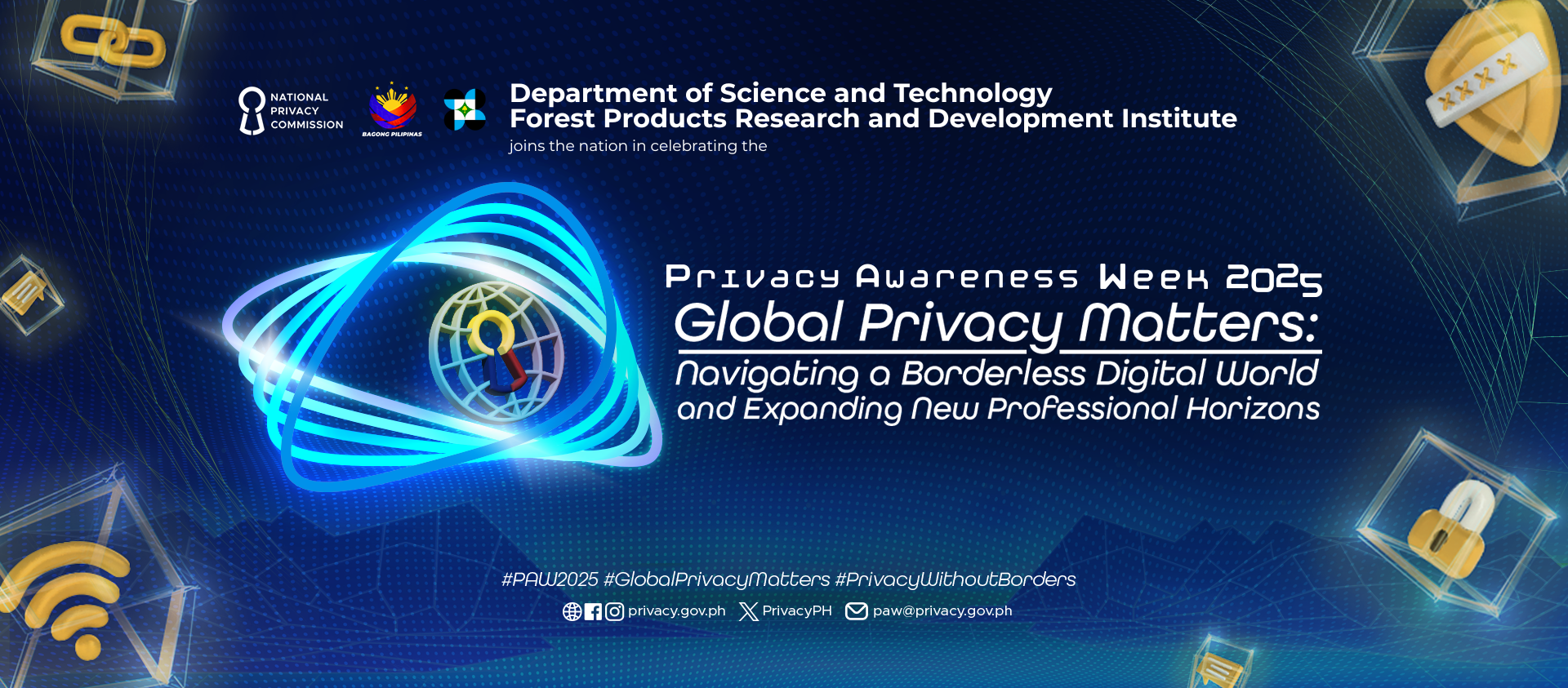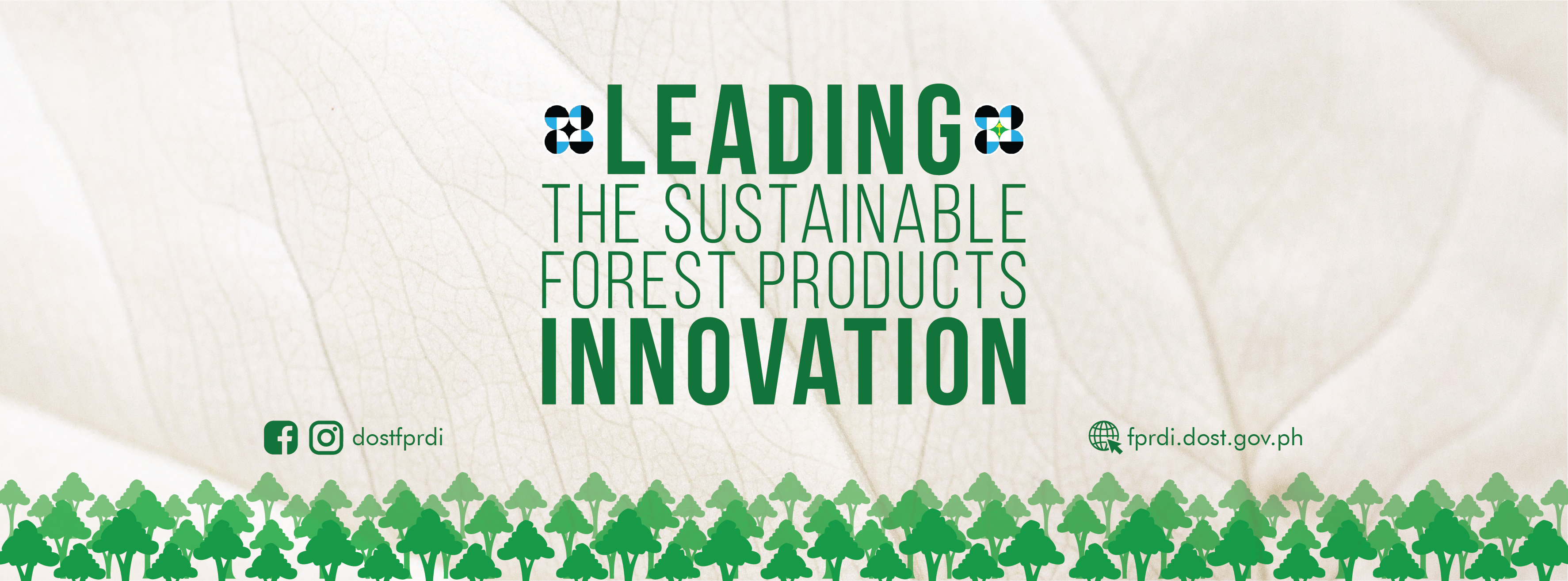DOST-FPRDI bags major awards in STAARRDEC’s 31st Regional Symposium
- Details
The DOST-Forest Products Research and Development Institute (DOST-FPRDI) won the top prizes at the recently concluded 31st Regional Symposium on Research, Development and Extension Services (RSRDEH) of the Southern Tagalog Agriculture, Aquatic, and Resources Research, Development, and Extension Consortium (STAARRDEC).
DOST-FPRDI, Swiss National Science Foundation, other groups team up to study tannin
- Details
The DOST- Forest Products Research and Development Institute (DOST-FPRDI) recently became part of a joint project set to study the most effective way to extract tannins— organic substances found in plant tissues and barks that is commonly used in making leather and adhesives, among others.
DOST-FPRDI, Swiss National Science Foundation, other groups team up to study tannin
Unpublished- Details
The DOST- Forest Products Research and Development Institute (DOST-FPRDI) recently became part of a joint project set to study the most effective way to extract tannins— organic substances found in plant tissues and barks that is commonly used in making leather and adhesives, among others.











